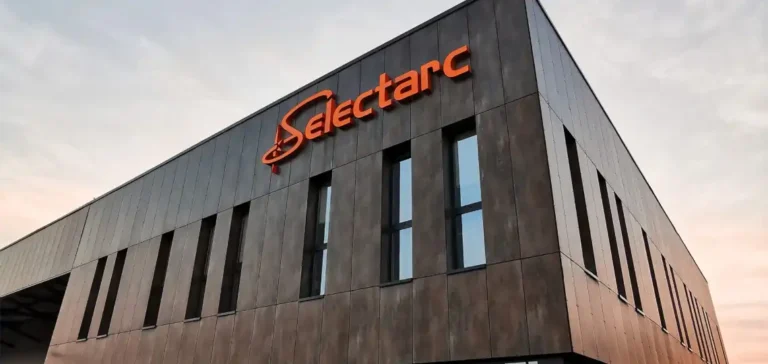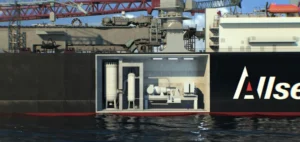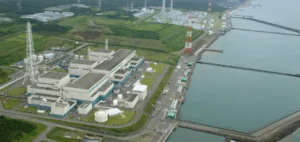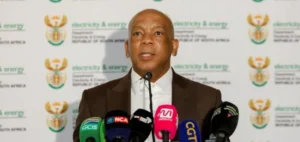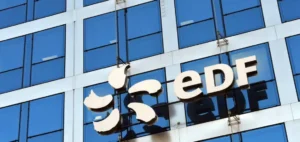Framatome has acquired a 40% stake in Selectarc, a manufacturer of welding and brazing filler metals, alongside majority shareholder Viellard Migeon & Compagnie. The deal aims to ensure access to critical materials used in the manufacturing of primary circuit components for French nuclear reactors.
Strengthened access to a strategic resource
Selectarc is currently the only producer in France of these specific alloys, which are used in assembly, repair and cladding across high-demand industrial sectors. Its expertise spans nuclear, defence, aerospace and space industries.
By securing a long-term industrial partnership, Framatome reduces its exposure to supply chain risks in sensitive segments. This move aligns with a broader strategy to consolidate French industrial supply chains amid geopolitical pressures on strategic metal resources.
Industrial integration and investment outlook
Framatome is thereby strengthening its grip on a key stage of its value chain. Grégoire Ponchon, Chief Executive Officer of Framatome, stated that Selectarc “has the capabilities to deliver products meeting the high standards of the nuclear industry, where precision and safety are essential.”
Emmanuel Viellard, Chairman and Chief Executive Officer of Viellard Migeon & Compagnie, said the agreement would enable targeted investments to develop technical products and reinforce the company’s French industrial base in welding.
A long-term partnership structuring the sector
The transaction also strengthens Viellard Migeon & Compagnie’s position in highly specialised markets. The group sees this partnership as a growth driver for its welding division, leveraging industrial synergies with Framatome.
The value of the investment was not disclosed. No changes to Selectarc’s management structure have been announced at this stage.


